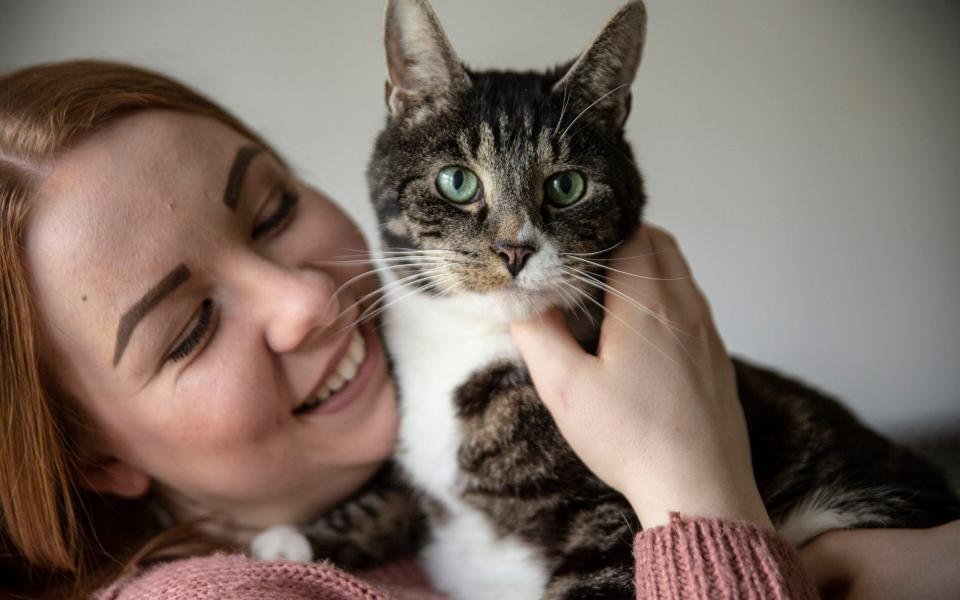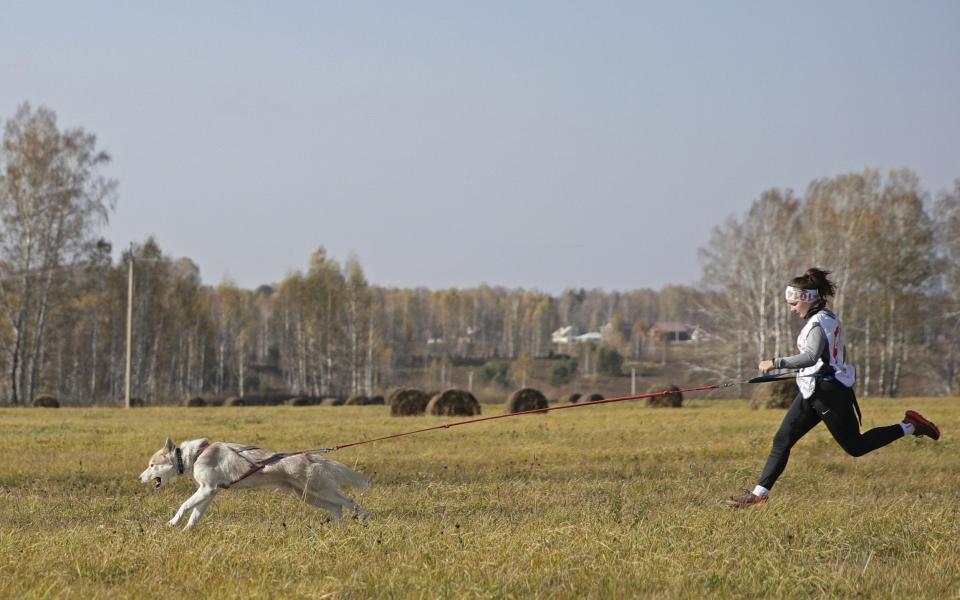Investors cash in on pandemic pet boom

George Parrett had wanted a dog for years but the timing never seemed right. While the 33-year-old commuted from Tunbridge Wells to London for a job in public relations, his wife, Laura, was teaching at a school – leaving no one at home to care for a puppy. But then, the pandemic upended the couple’s routine.
“I was spending a lot of time stuck at my desk, feeling like I needed motivation to go outside, particularly on those cold, dark winter days,” says Parrett. In January they bought Wendy, a labradoodle.
They are among more than 3.2m families who bought a pet during lockdowns, according to the Pet Food Manufacturers Association, as workers were exiled from the office or put on furlough. The number of pet-owning households in Britain has jumped to at least 17m.
With many likely to carry on clocking in remotely, at least part time, the trend looks set to continue. And as the attitude towards pet ownership changes, industry bosses say people are spending more money than ever on a plethora of goods and services from insurance, to vaccinations, gourmet foods, designer clothes, day care provision and spa-style grooming.
Investors have taken note – and are flooding the industry with cash.
JAB, the German conglomerate behind Pret a Manger and Krispy Kreme, last week swooped on two UK and Chicago-based pet insurers – Cardif Pinnacle and Figo Pet Insurance – for an undisclosed sum, bolstering its position in the market with the aim of becoming a global player. Earlier this year it acquired US life insurance firm Independent Holding Company’s pet division.
Most of a $6bn (£4.4bn) fund it raised last year has been earmarked for the veterinary sector and it plans to spend a large chunk of a fresh $5bn fund on growing those assets, according to Bloomberg.
It comes as private equity firms EQT and Hellman & Friedman battle for control of European pet food retailer Zooplus – both have offered €3.4bn (£2.9bn). And in January, American pet retailer Petco was valued at $816m (£592m) when it floated under the ticker WOOF.
“The mega trends in petcare are driving sustained long-term growth and pet families are seeking solutions to ensure the highest level of care is available and affordable,” said David Bell, a senior partner at JAB. He pointed to “100 miles an hour” growth in pet insurance and healthcare – which his firm views as a huge, largely untapped market.
Just 2pc of pet owners in the US have insurance for their animals and the prevalence is thought to be similar in Europe.
Part of such a rise in ownership can be put down to millennial and Generation Z consumers, with more than half of those who brought home an animal in the UK aged between 16 and 34.
Bill Lambert, spokesman for the Kennel Club, says these consumers are powering the market’s rapid growth.
“Previously these generations were excluded from getting a pet because they were mostly at work from nine to five,” he says. “But dog ownership is now more realistic for them.”
Many of these new entrants define themselves as pet “parents”. They want their animals to be pampered like humans – a growing trend known as “humanisation” – and are tech-savvy, using GPS-tracked walking services and home monitoring cameras that can dispense treats remotely by tapping a smartphone.
As petcare booms, British chain Pets At Home’s annual retail revenues have broken through £1bn for the first time and its share price has rocketed more than 100pc since the pandemic.
The mid-cap has been shifting its focus towards services in recent years, including veterinary practices, grooming, insurance, pet sitting and a “VIP” (very important pet) club, offering members discounts, gifts and a quarterly magazine, in a bid to tap into changing demand.
Sven Ley, who co-founded London-based The Rockster with his wife Zoe, says his company has also received a surge of interest in its “human grade” dog food since the outset of the pandemic, as people become more conscious of what they – and their pets – eat.
A pack of six cans costs almost £30 with flavours such as “Fisherman’s dream”, “Boeuf du cap” and “Sunday Roast”, with Ley claiming these meals contain quality ingredients to match any pâté in Fortnum & Masons. “My customers are happy spending more on quality than quantity,” he says.
Meanwhile, Ginetta George, co-founder of Dogfit, says her company has had a huge number of enquiries from people taking up canicross – cross-country with dogs over the age of one. Here, runners wear a waist belt connected by bungee cord to their canine, who in turn dons a specially designed harness.
A complete set of kit by Dogfit costs between £55 and £140, while an eight-week course of personal training comes in at £220.
And as Christmas approaches, companies are capitalising on owners’ demand to treat their pets. Claire Gavin of Pets At Home says a company survey found that owners spend an average of £1,000 on their pets every year.
“People see pets as part of the family now and you worry about them like you would worry about a child,” she says. “Are they keeping healthy, what is their diet like and is their wellbeing good enough?”

Pets At Home has invested in Tailster, which allows owners to digitally track their pets when taken out by dog walkers, recognising the need for care while people are at work or on holiday.
Others turn to daycare services and pet hotels. The Country Dog Hotel & Spa in Bridgwater, Somerset, charges £80 a day for its VIP package and offers dogs facial treatments, massages and hot tubs, promising pets will be “walked, cuddled and loved” so owners can leave them “guilt-free”.
For Parrett, his guilty pleasure is buying Wendy bandanas from Harris & The Hound, a local firm that makes tweed clothing. “I probably do pamper Wendy,” he says. “But she is part of the family now and we wouldn’t change that for the world.”
